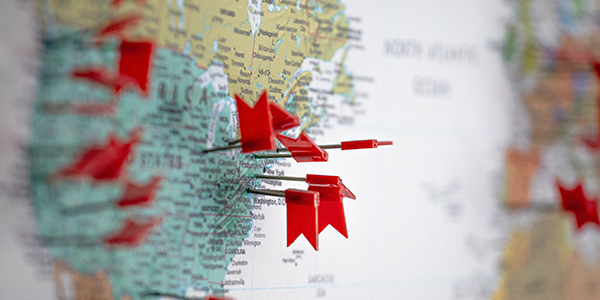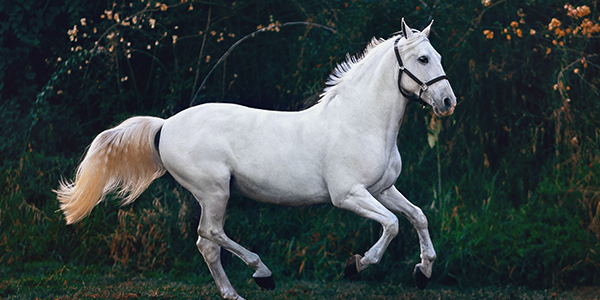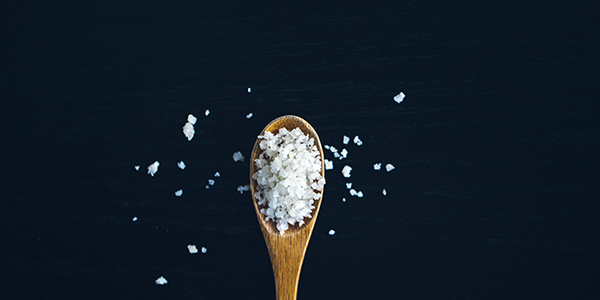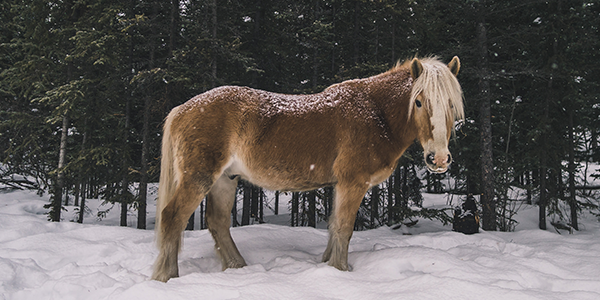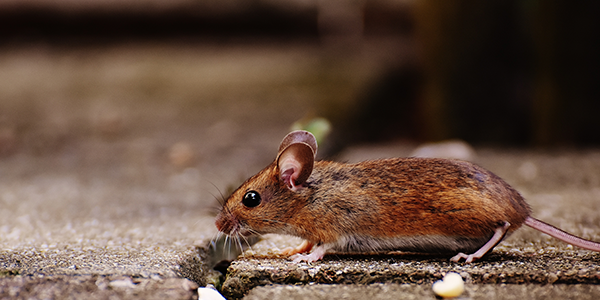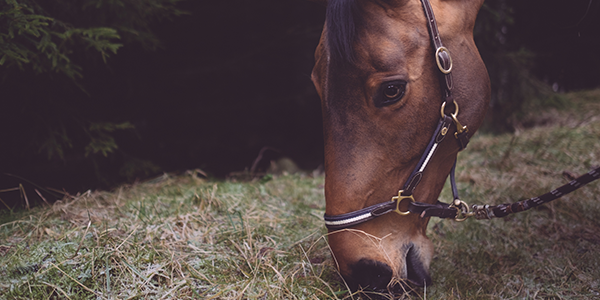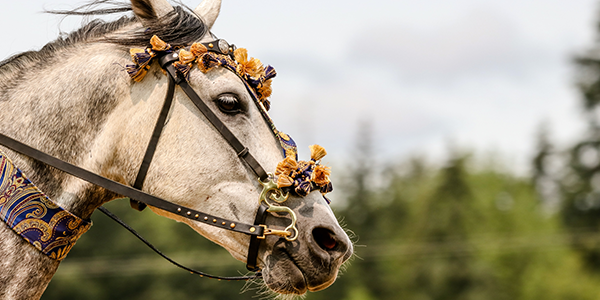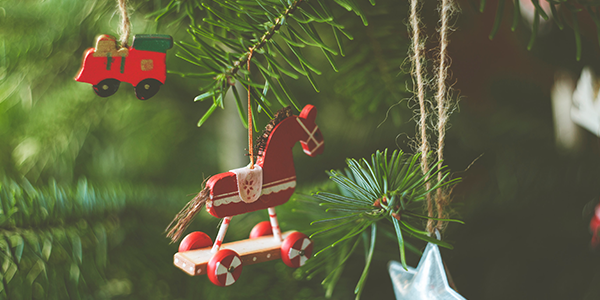Keeping your horses free of disease means understanding everything they could be up against. However, did you know that different diseases tend to have different geographic distributions? This is known as regional horse diseases. For example, the most recent outbreaks of Potomac Horse Fever in Canada have occurred specifically in eastern and southwestern Ontario, and parts of Alberta. Continue reading for more examples of common regional horse diseases. Also, if you are looking for a horse property for sale in Colorado, contact Colorado Horse Property today and speak with one of our horse-person realtors.
Common Regional Horse Diseases
So, certain equine diseases occur and spread in different areas—why? It all has to do with the environment of that region. Regions with ecological systems supporting large mosquito populations will automatically place horses at greater risk for mosquito-borne diseases. These include both the western and eastern variants of the enchephalitis virus, and also the West Nile virus. This harkens back to our Potomac Horse Fever example. Eastern Ontario has large hatches of mosquitos which act as a vector for the disease and makes it more prevalent in that area.
What’s great about this is that if you know what equine diseases are more prevalent in your area the better you can avoid them. So, what about Colorado and its horse population? Unfortunately, Colorado is no stranger to regional horse diseases. There have been confirmed cases of equine infectious anemia (EIA), equine herpesvirus myeloencephalitis (EHM), and strangles in Colorado in the past. Strangles is highly contagious. It can spread rapidly from animal to animal and is one of the more common bacterial infections of horses. Check with your horse clinician and veterinarian to see if your area has reported any regional horse diseases. These professional will be able to tell you how to prevent your horses from catching these diseases.


